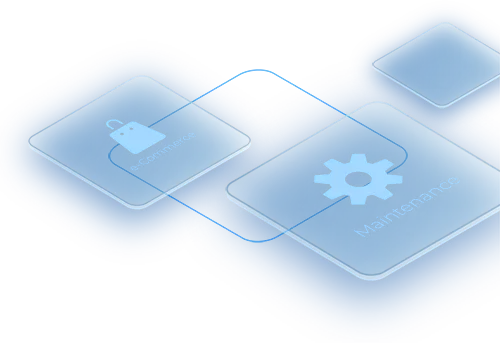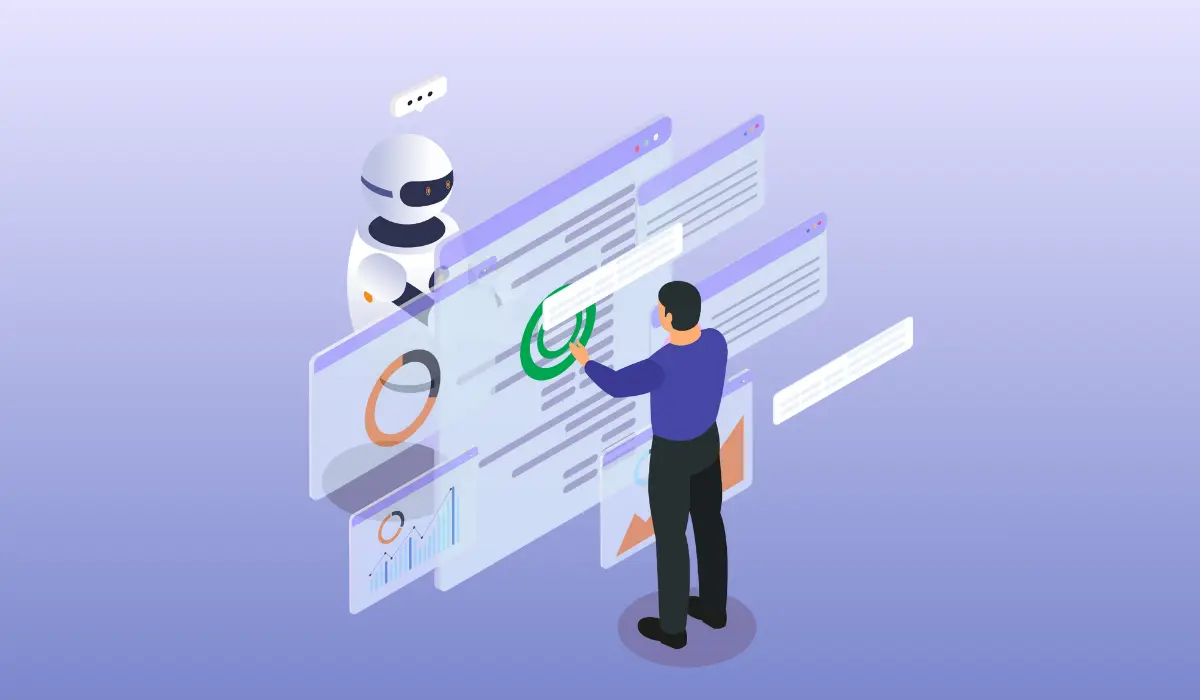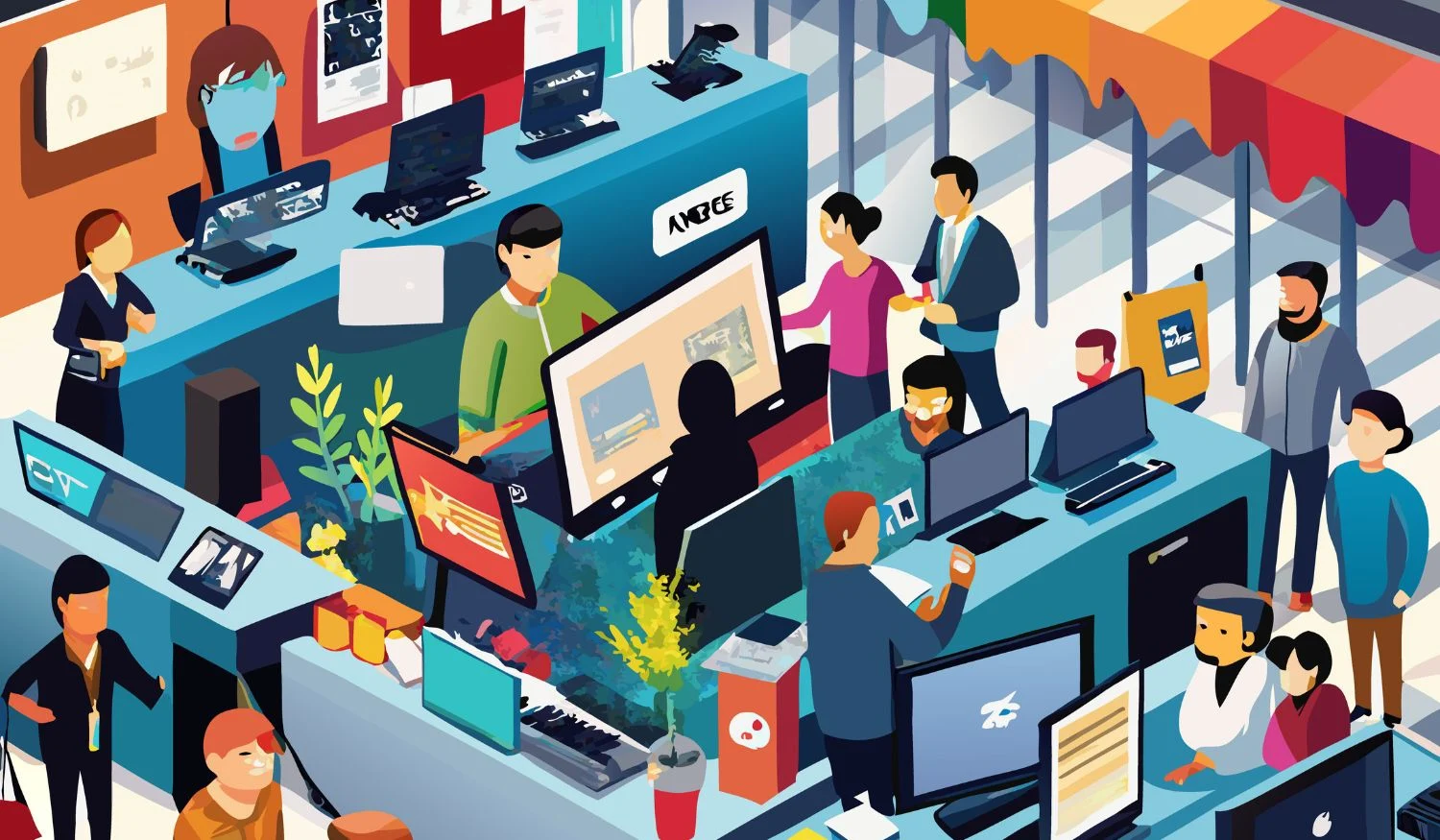ERP (Enterprise Resource Planning) systems provide a comprehensive solution that connects all aspects of your e-commerce business, from inventory and order processing to financials and customer management. If you’re looking to grow your online store and improve efficiency, ERP could be the key to unlocking your full potential.

Why ERP is Crucial for E-Commerce Success
Say you a hire Google Ads expert to drive traffic to your e-commerce website, but you fail to complete the order process because of disconnected systems. That’s a lose especially when e-commerce businesses face immense pressure to stay competitive, improve operational efficiency, and provide exceptional customer service. This is where an Enterprise Resource Planning (ERP) system becomes essential.
By integrating various business processes into one unified system, ERP streamlines operations, reduces errors, and ensures that all teams are working with accurate, real-time data. Below are key reasons why ERP is crucial for e-commerce success:
1. Streamlining Operations and Reducing Complexity
As an e-commerce business grows, managing multiple functions like inventory, order fulfillment, finance, and customer support can become overwhelming. An ERP system consolidates all these processes into a single platform, allowing businesses to automate repetitive tasks and eliminate manual errors. This reduces complexity, minimizes bottlenecks, and ensures that every department operates smoothly.
2. Real-Time Inventory Management
In e-commerce, inventory management is critical. Running out of stock or overstocking can lead to lost sales or unnecessary costs. ERP systems offer real-time inventory tracking, which enables businesses to manage stock levels more effectively, automatically update inventory after each sale, and forecast demand based on historical data.
This ensures that products are always available when customers need them, preventing stockouts and overstocking issues.
3. Improved Customer Experience
A smooth customer experience is essential for e-commerce success. ERP systems help streamline the entire customer journey, from order placement to delivery.
Real-time data integration allows businesses to provide accurate information to customers about stock levels, order status, and delivery times. Additionally, ERP systems ensure quick and accurate order fulfillment, which can significantly enhance customer satisfaction and encourage repeat purchases.
4. Scalability to Support Growth
As e-commerce businesses grow, manual processes and standalone systems become inefficient. ERP systems are scalable, meaning they can evolve alongside your business.
Whether expanding to new markets, adding more products, or managing increased order volumes, ERP systems can handle the complexity and ensure smooth operations as the business grows
5. Compliance and Security
An ERP system helps ensure compliance with industry regulations and standards, including data protection laws like GDPR. It offers built-in security features, ensuring that customer and financial data is securely stored and processed.
By maintaining compliance and secure data management, businesses can build trust with customers and avoid legal issues.
6. Future-Proofing Your Business
E-commerce is an ever-evolving industry, and businesses need to adapt quickly to changing trends and consumer demands. ERP systems are customizable and adaptable, ensuring that businesses are equipped to handle future changes—whether it’s new technology, shifting market demands, or new regulatory requirements.
Key Features of ERP Crucial for E-Commerce Success
ERP that are especially crucial for e-commerce success:
- Real-Time Inventory Management: Helps prevent stockouts and overstocking by updating stock levels across all sales channels in real time.
- Mobile Access: Allows business management on the go, ensuring flexibility and real-time updates from anywhere.
- Compliance & Security: Ensures regulatory compliance and secures customer data to protect against legal and security risks.
- Scalability: Adapts to business growth, allowing for new product lines, regions, and sales channels.
- Customer Order Tracking: Provides real-time updates on order status, improving transparency and customer satisfaction.
What to Look for When Choosing ERP Software for Your E-Commerce Business
- Customization options for unique business needs
- Scalability to grow with your business
- Customer support and training provided by ERP vendors
- Syncing inventory levels across different sales platforms
- How ERP allows businesses to expand to new platforms seamlessly
- Customer frustration from delayed order fulfillment
Conclusion
In the rapidly evolving world of e-commerce, businesses need more than just great products and a functional website to stay competitive. ERP (Enterprise Resource Planning) systems provide an integrated solution to streamline operations, enhance customer service, and control costs, ensuring that businesses can keep pace with growing demands.
By centralizing and automating processes such as inventory management, order fulfillment, financials, and customer service, ERP systems help e-commerce businesses reduce complexity and eliminate manual errors.
Key features like real-time inventory tracking, mobile access, compliance, and scalability support a business’s growth while ensuring a seamless experience for both employees and customers.







